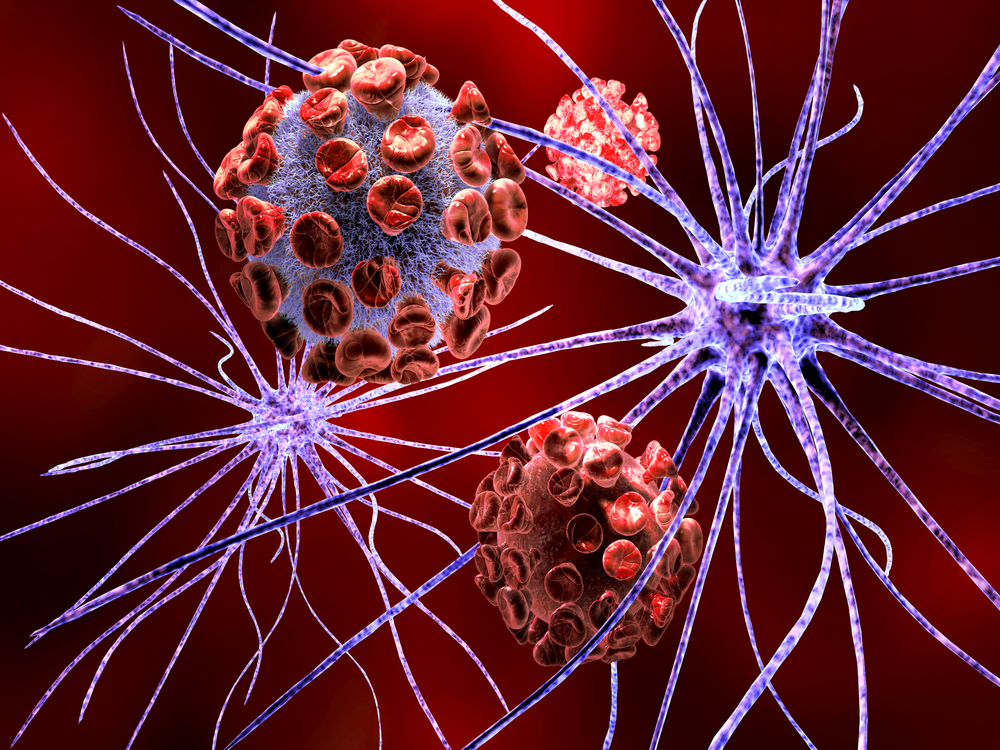
What Is It Like To Have The Gene For Huntington’s Disease?
There are many mental and neurological disorders out there. For all of them we try to find out causes, make a checklist of predominant symptoms and find the best treatment that will either delay the appearance of the disorder, minimize the symptoms, or will eliminate the disorder altogether. A lot of the diseases get diagnosed either right before their onset or already during the progression of the disorder. We usually notice that something is wrong due to these symptoms and not before, because we don’t like to think that something is wrong with us until it actually is. And that is bad enough because the earlier you diagnose, the better the treatment you can get. However, some of us are on the opposite side of the continuum. How would you feel if you knew that you were bound to develop a disease that has no cure and you know that you will develop it because your genetic makeup says so? Huntington’s disease. Two words that you never want to hear about yourself or anybody around you. Huntington’s disease is hereditary which means that the infected gene is passed on from one generation to the next. This is where the famous ‘nature vs. nurture’ debate comes through. In the case of Huntington’s disease nature has played a role, the only role. If you have inherited the gene for Huntington’s disease, you will develop it.
The Gene For Huntington’s Disease Is Inherited
There is no ‘if’s’ and ‘maybe’s.’ The diagnosis can come as quite a surprise and a shock, and definitely not a pleasant one. Sometimes it’s not such a surprise because as we know, if your parent had the disease, you have a 50% chance of inheriting the defected gene for Huntington’s disease.
Nowadays, you are able to take a genetic test in order to identify whether you carry the gene for Huntington’s disease. So what do you do if you or your loved one has been diagnosed with Huntington’s disease, what are some of the steps that you can take in order to ease the pain and the scary prognosis that those diagnosed with the disease have? Especially when up to this day we still have no manageable cure for the disease, but are just able to manage the symptoms.
Medication helps with:
- Controlling delusions and hallucinations
- Controlling violent outbursts
- Diminish involuntary movements.
Be careful with medication; there is no apparent treatment for HD as of yet, however, all of these medications, especially anti-psychotics can have quite an amount of negative side effects so they shouldn’t be used a lot. However, some antidepressants can help manage mood swings.
Those who are diagnosed with Huntington’s disease might also be prescribed a nutrition plan that will help them maintain their weight and ease the difficulties these people have with swallowing.
Apart from given medications and dietary plans, there are many other things you can do to help yourself or a loved one. There are many institutions out there who provide social support and educate you about the disease. Check out the “International Huntington Association” for up to date information about the newest research. Do not forget that scientists are hard at work in order to find out more about the defected gene and create a cure that not only alleviates the symptoms, but prevents the development of HD altogether.












